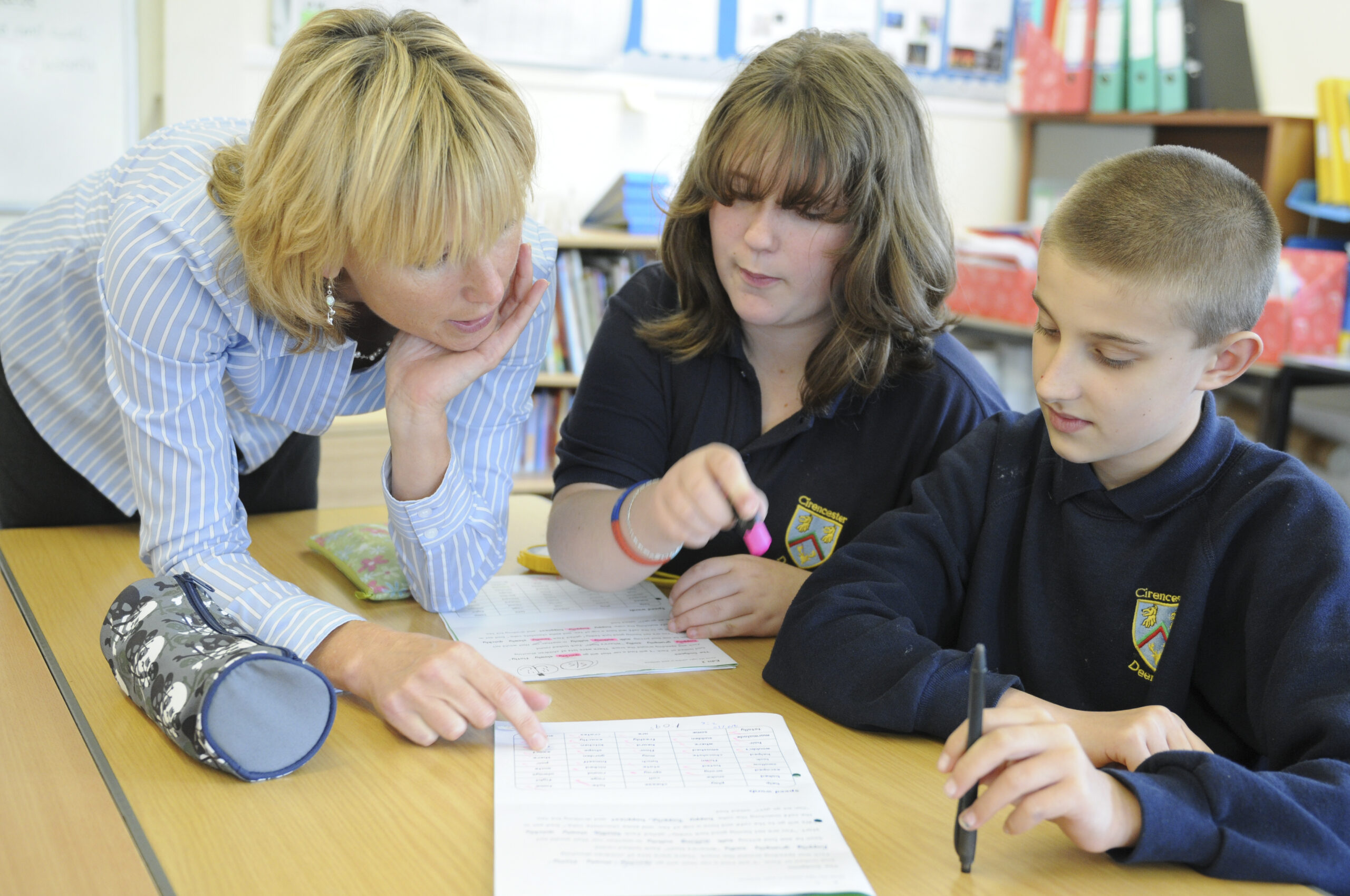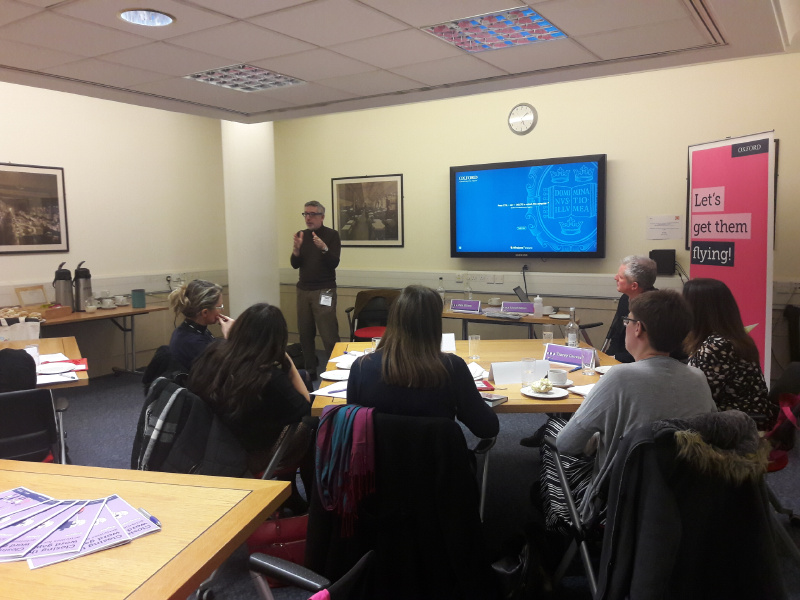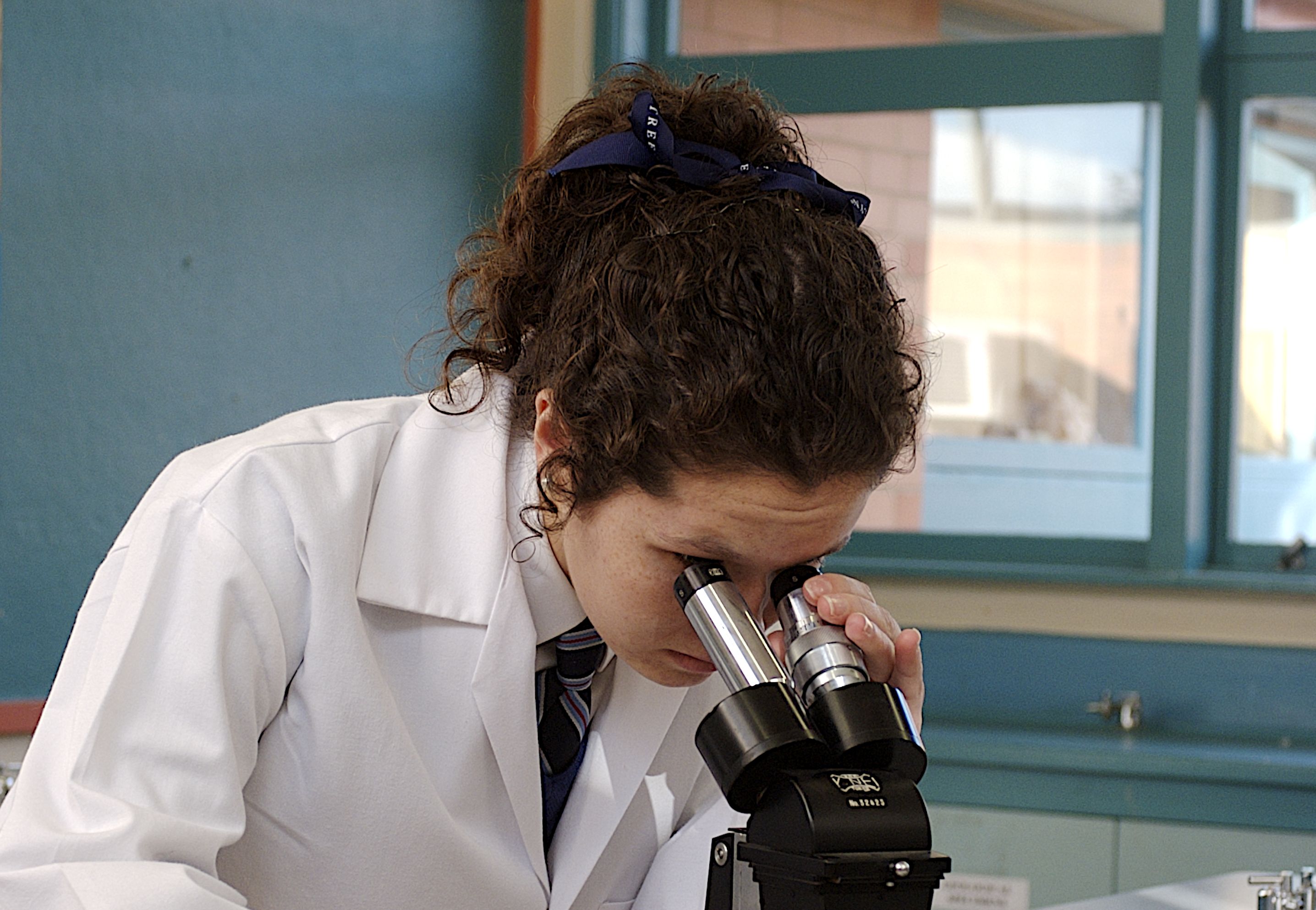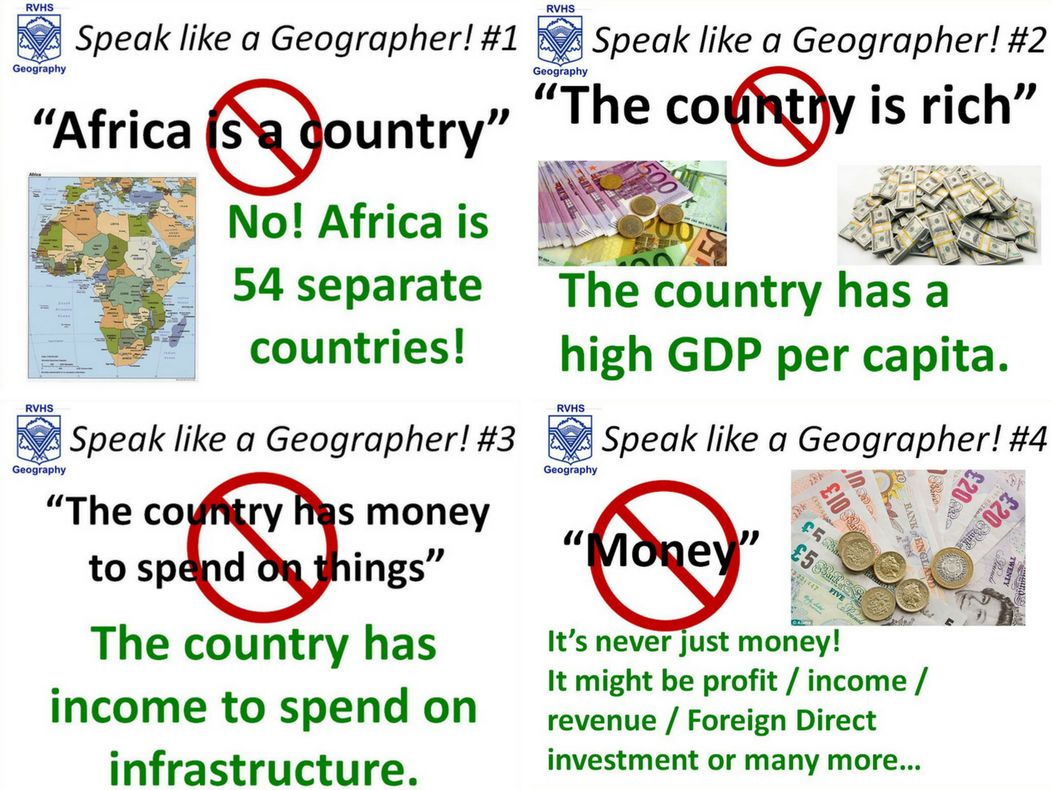
Alice Visser shares important strategies that secondary English teachers can implement in their classrooms to support struggling readers, with tips to improve reading ability and outcomes in secondary schools.
Read more
Alice Visser shares important strategies that secondary English teachers can implement in their classrooms to support struggling readers, with tips to improve reading ability and outcomes in secondary schools.
Read more
We recently held a small event in our Oxford offices to talk to primary and secondary school teachers about vocabulary and the Word Gap in their school. Lots of interesting, practical ideas were shared and discussed and we have summarised some of them here: Give key vocabulary at the start of each lesson. Encourage students […]
Read more
There has been a lot of talk in recent months, both in the press and on social media, about the word gap and the new Ofsted Framework , now being applied in schools across England. Given Ofsted’s focus on improving the quality of education, and the evidence of a significant word gap in UK schools, it seems to me […]
Read more
The Oxford Language Report: Why Closing the Word Gap Matters found evidence that an increasing number of children in UK schools have a limited vocabulary – a word gap – which is holding back their learning. The report brings together the thoughts of a number of leading academics and practitioners, based on market research with over 1,300 primary and secondary teachers. Over half of those surveyed reported […]
Read more
We’ve selected a winter-themed traditional tale and poem from the resources in your Oxford Owl subscription, to help your Reception and Year 1 children engage with stories and poems. Storytime and Poetry Time resources Both sets of resources are designed for use in a whole class setting, outside of phonics lessons, for example, at the […]
Read more
The recent collapse of alternative qualifications and the narrow focus on which qualifications count for Progress 8 scores mean that GCSE Combined Science has become the default entry route to a science qualification for students in England. Some schools co-teach GCSE Combined Science with Entry Level Certificate (ELC), but an increasingly challenging curriculum presents difficulty […]
Read moreWhile most know it as ‘DEAR time’, I would be inclined to refer to this Literacy initiative as Role Modelling Reading. The focus is on getting the students to read. However, my belief is that it is what the adults around them are doing that will really have an effect. It was during my role […]
Read moreAs I travel far and wide, training and talking to teachers, common questions occur… How can we improve the mathematical reasoning skills of our pupils and how can we support them as well as gather evidence for it? To address these questions, firstly, we need to understand what mathematical reasoning is and understand why it […]
Read more
Having completed my NQT year, I returned this September with plenty of changes that I wanted to make- both to my classroom routines and my teaching. One particular focus for me this year was encouraging students (of ALL ages) to ‘speak like a geographer’. Previously, my focus on key words and sophisticated language had been […]
Read more“I’ve been working on raising boys’ achievement since 1993… you’d have thought I’d have got it sorted by now” is regularly the opening line to one of my INSET days or keynote speeches. It usually provokes mild amusement. “But sadly I’m afraid there aren’t that many people working on it.” And nobody laughs. Because it’s […]
Read more